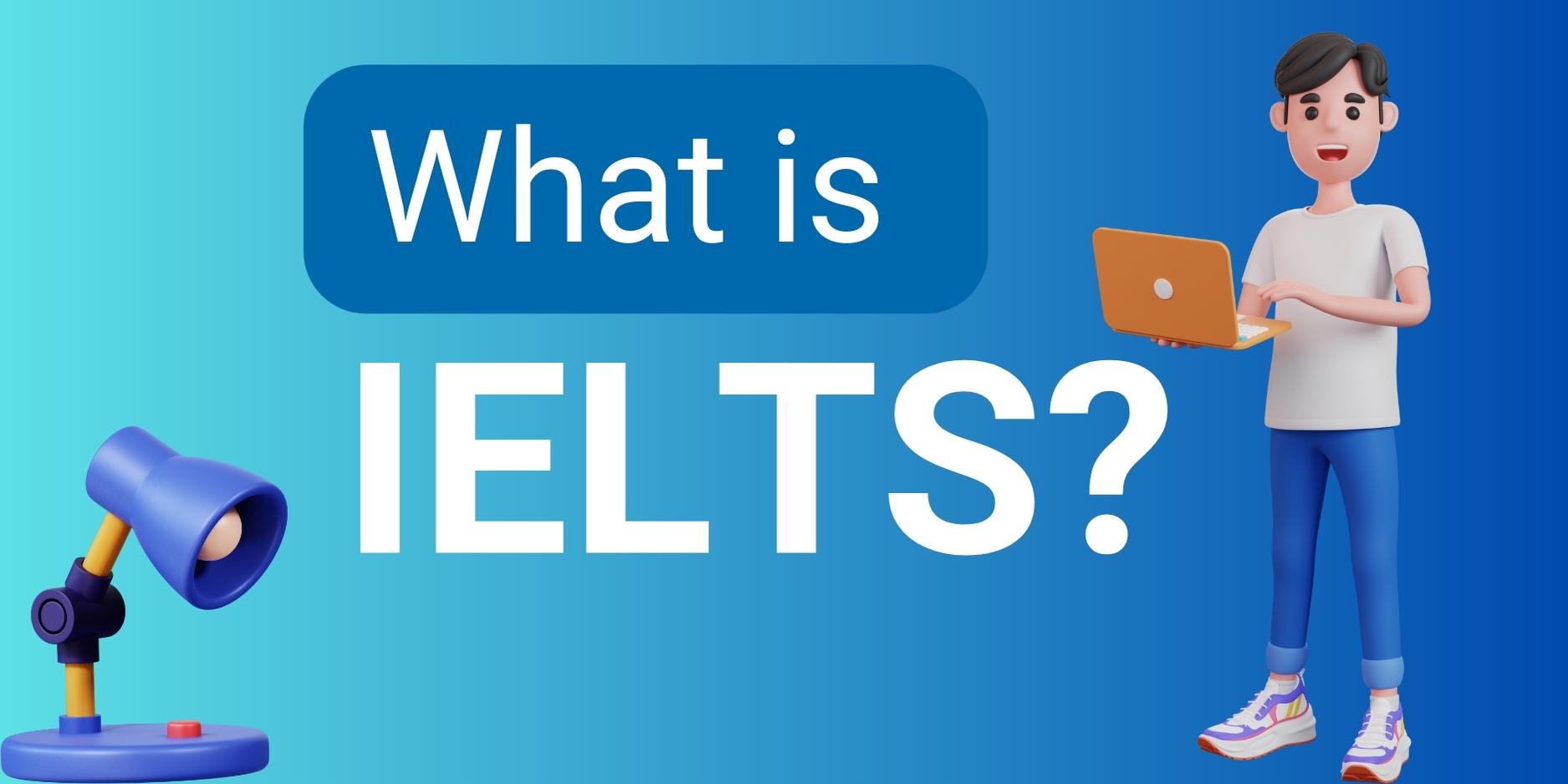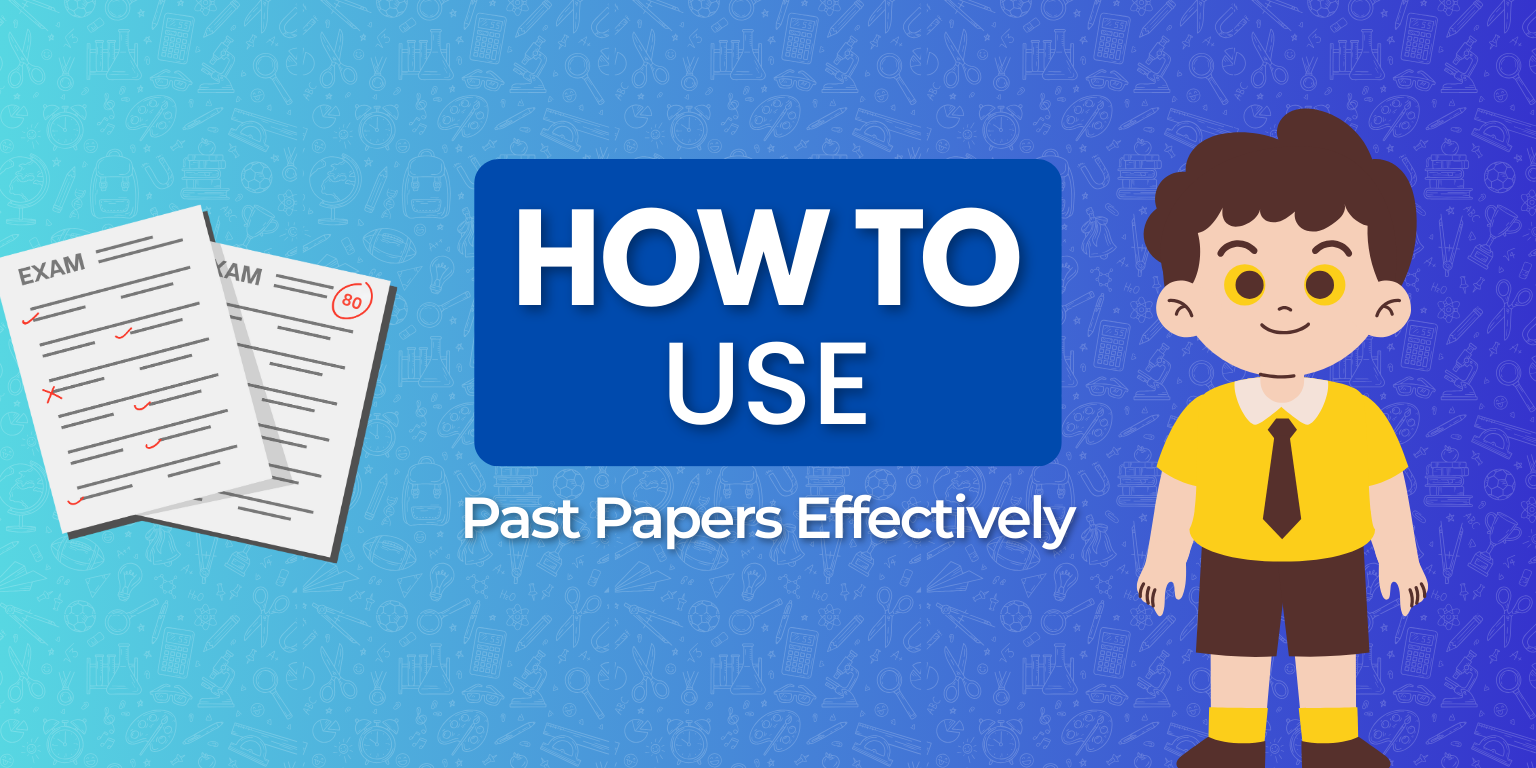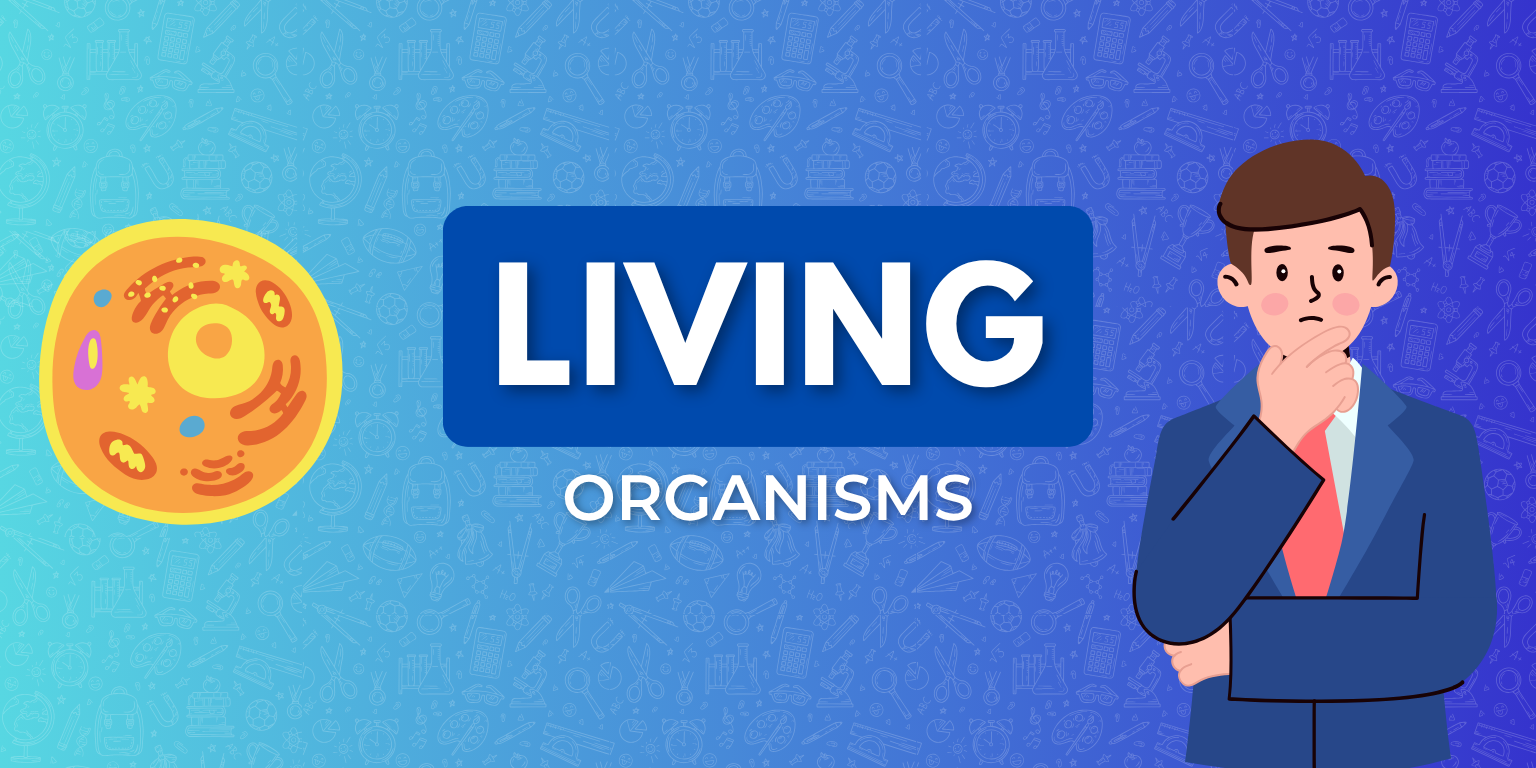If you’re planning to study, work, or live in an English-speaking country, you may be asking, “What is IELTS?” IELTS is a test that checks your English skills. It’s accepted worldwide and is one of the most trusted English language tests today.
Let’s understand everything about IELTS in simple words.
What Does IELTS Stand For?
IELTS stands for International English Language Testing System. It tests how well you can listen, read, write, and speak in English. Over 11,000 institutions in more than 140 countries accept IELTS scores.
Why Take the IELTS Test?
You may need if you are:
- Going to study in an English-speaking country
- Planning to work abroad
- Applying for a visa or permanent residency
- Looking to prove your English level for a job or school
Types of IELTS Tests
There are two types:
1. Academic
- For students who want to study at a university or college
- Focuses on academic English
2. General Training
- For those who want to work or move to an English-speaking country
- Focuses on everyday English
Test Format
The IELTS test has four parts:
Listening
- 4 sections, 40 questions
- Takes about 30 minutes
Reading
- 3 passages, 40 questions
- Academic and General Training are slightly different
Writing
- 2 tasks
- Task 1: Describe a graph, chart, or letter
- Task 2: Write an essay
Speaking
- Face-to-face with an examiner
- Takes 11–14 minutes
IELTS on Paper vs Computer
You can choose to take the test in two ways:
- On Paper: You write answers by hand
- On Computer: You type answers on a screen
- Speaking is done face-to-face in both
IELTS Band Score Explained
IELTS is scored on a band scale from 0 to 9.
Each part of the test (Listening, Reading, Writing, Speaking) gets a score.
Band Score Meaning:
- 9 – Expert user
- 8 – Very good user
- 7 – Good user
- 6 – Competent user
- 5 – Modest user
Where is IELTS Accepted?
- UK
- USA
- Canada
- Australia
- New Zealand
- And more than 140 countries
How to Register for IELTS
- Go to the official website or a local test centre site
- Choose your test type (Academic or General)
- Select paper-based or computer-based
- Pick a date and pay the fee
- Get confirmation and prepare
Tips to Prepare for IELTS
- Practice each section daily
- Use IELTS study books and online tools
- Join a coaching class if needed
- Take mock tests
- Improve your grammar and vocabulary
- Work on time management
What to Bring on Test Day
- A valid passport or ID
- Confirmation email
- Water in a clear bottle (optional)
- No phones or study materials allowed inside
IELTS Score Validity
Your IELTS score is valid for two years from your test date.
IELTS Test Fee
In the UAE, the test usually costs between AED 1,150 and AED 1,350 depending on the test centre.
Conclusion
Now that you know what is IELTS, you can plan your journey. Whether it’s studying abroad or applying for immigration, IELTS can open many doors. Understand the test format, prepare well, and choose the right type for your needs.
Read more IELTS on Paper vs Computer: Which is Best for me?
FAQs
1. What is IELTS used for?
It is used to check your English skills for studying, working, or moving abroad.
2. Is IELTS easy to pass?
It depends on your current English level and how well you prepare.
3. Can I take IELTS online?
You can take on a computer at a test centre, but not fully online from home.
4. How many times can I take IELTS?
You can take as many times as you like. There are no limits.
5. What is a good IELTS score?
A band score of 7 or above is considered good for most purposes.


